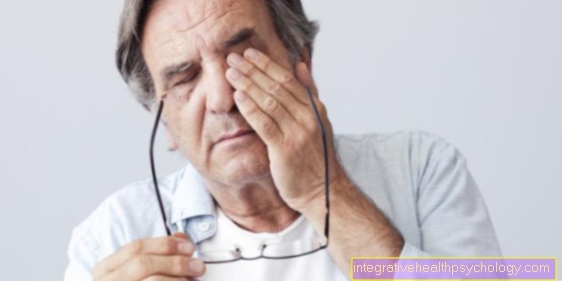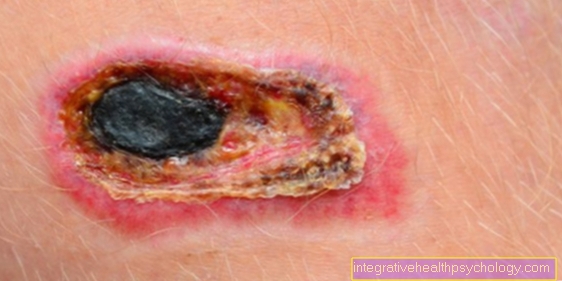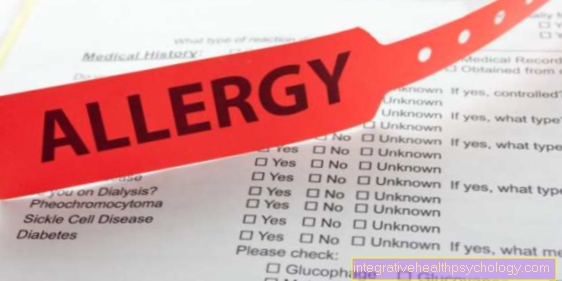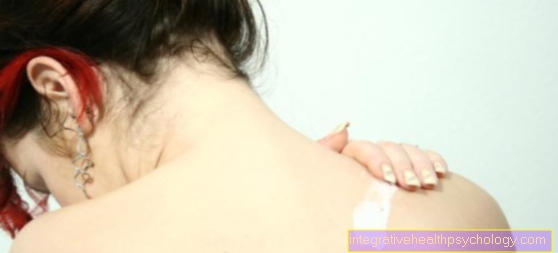Symptoms of the skin
The Skin Symptoms page deals with various skin changes. These include rashes, red spots on the skin, oily skin, and pigmentation disorders.

On the following pages you will find information on the respective skin symptoms and the possible causes.
Symptoms on the skin
skin rash
A rash can have different effects on the body. Among other things, spots, pustules or nodules can occur. Some rashes are asymptomatic, while others are painful, burning, or itchy. A cause can often be deduced from various symptoms. This can be further verified by diagnostic measures.
Here is an overview of different skin rashes and their causes: skin rash
Red spots on the skin
Red spots on the skin can express themselves in different ways. The spots can, for example, be laid out over a large area or consist of groups of individual, several small spots. In addition, they can appear in different places, such as the whole body or only in individual parts of the body. Attention should also be paid to the edge of the stain - is it sharply delimited or out of focus? Other symptoms such as itching or burning can also be indicative of a possible cause.
Read more on the subject at: Red spots on the body
Itchy skin
There can be many different causes behind itchy skin. Above all, allergic reactions, the after-effects of sunburn or diseases such as neurodermatitis come into consideration.
If you want to learn more about the topic, you can find detailed information here: Itchy skin
Oily skin
Oily skin is particularly common in people whose sebum glands produce too much sebum. The so-called T-zone on the face is particularly affected, but the back and décolleté are also typical areas for oily skin.
On the following page you will find more information about the symptoms, the causes and the therapy: Oily skin
Dry skin
Dry skin is mainly caused by insufficient absorption of liquid, by using the wrong care products or in winter by dry heating air. But diseases such as neurodermatitis or psoriasis can also lead to dry skin.
Further information, especially how you can properly treat and prevent dry skin, can be found on the following page: Dry skin
Eczema on the skin
Eczema on the skin is caused by inflammation. The affected areas are red, overheated and itchy. Triggers are often allergies, but skin that is too dry or neurodermatitis can also be associated with eczema.
Read more on the subject at: Eczema of the skin
Pigment disorders
Pigment disorders are diseases that change the complexion of the skin with too many or too few color pigments. These include, for example, freckles, age spots or albinism.
You can find more information on the topic here: Pigment disorders
Symptoms on the hair

Oily hair
Oily hair is caused by an overproduction of sebum in the sebum glands. The main causes are hormonal fluctuations that favor greasy hair during puberty. But washing your hair every day also leads to greasy hair if you don't wash your hair for a day, as the sebum glands are used to producing sebum every day.
Read more on the topic, especially the causes and therapy, under: Oily hair
Hair loss
Everyone loses hair every day. A hair loss of up to 100 hairs a day is considered normal. If more hair falls out, illness, medication or hormonal influences can be the cause.
Further information, especially possible causes and various therapy concepts, can be found here: Hair loss
Other symptoms

Frequent sweating
For many of those affected, increased sweating is very uncomfortable. The cause can be, for example, an overactive thyroid or obesity. But malignant diseases are also conceivable, especially if you sweat more at night. A visit to the doctor may be advisable to learn more about the causes and therapy.
On the following page you will find more information on the topic: Excessive sweating
Dry lips
Dry lips are often the result of insufficient fluid intake. But too much stress or a lack of vitamins can lead to dry lips. Often, increased fluid intake and creaming the lips with Vaselina once or twice a day can help.
On the following page you will find further information on the topic: Dry lips

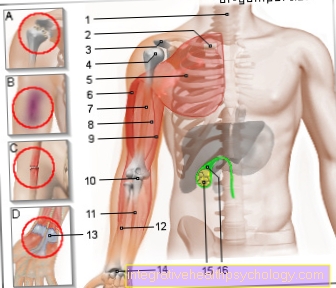
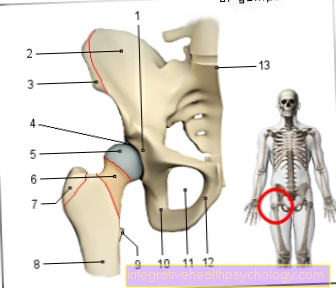
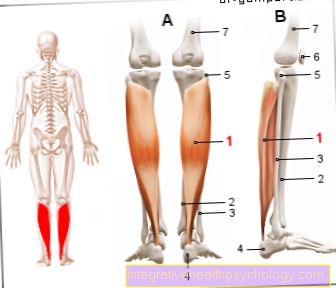






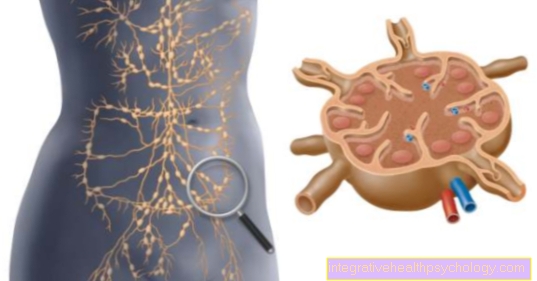


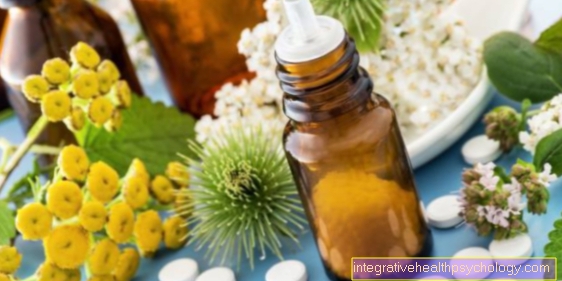
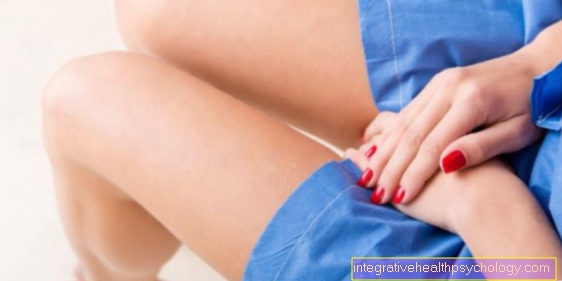

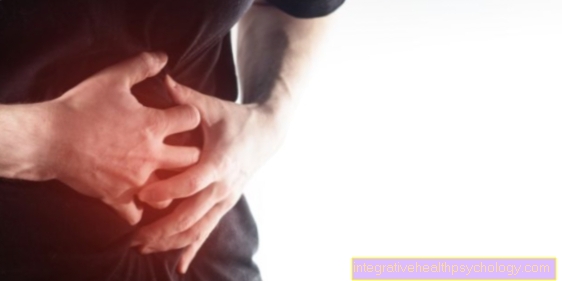
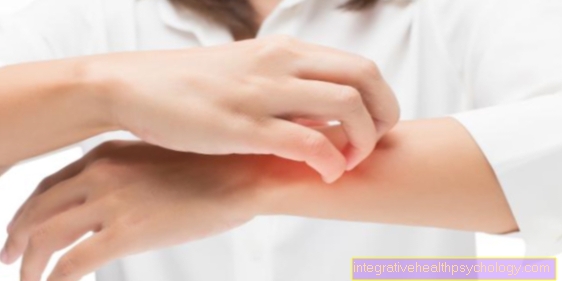
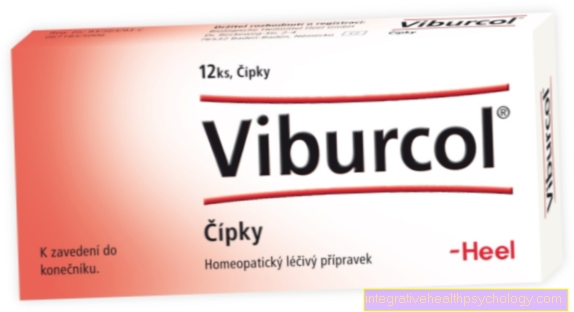


.jpg)
